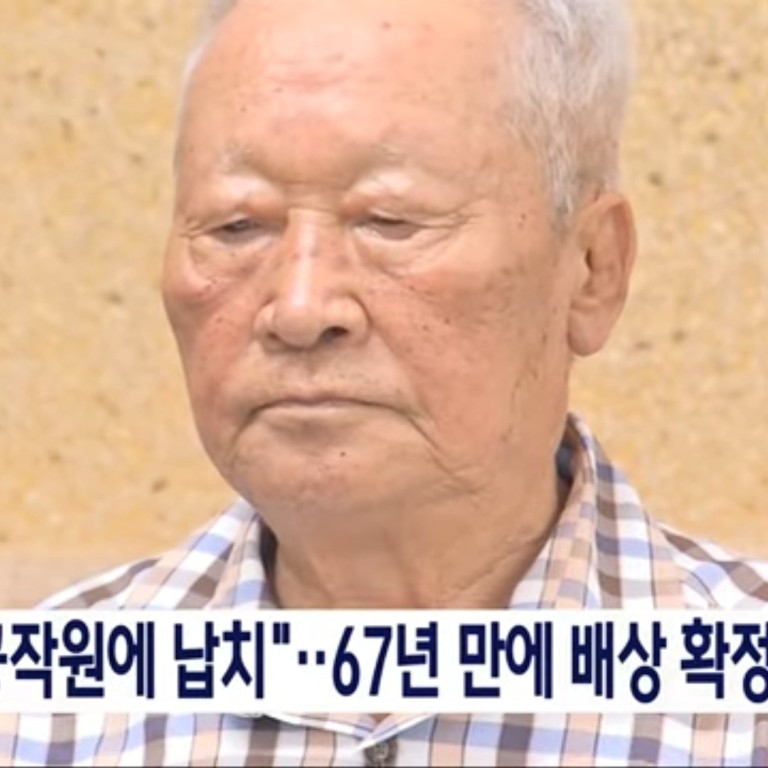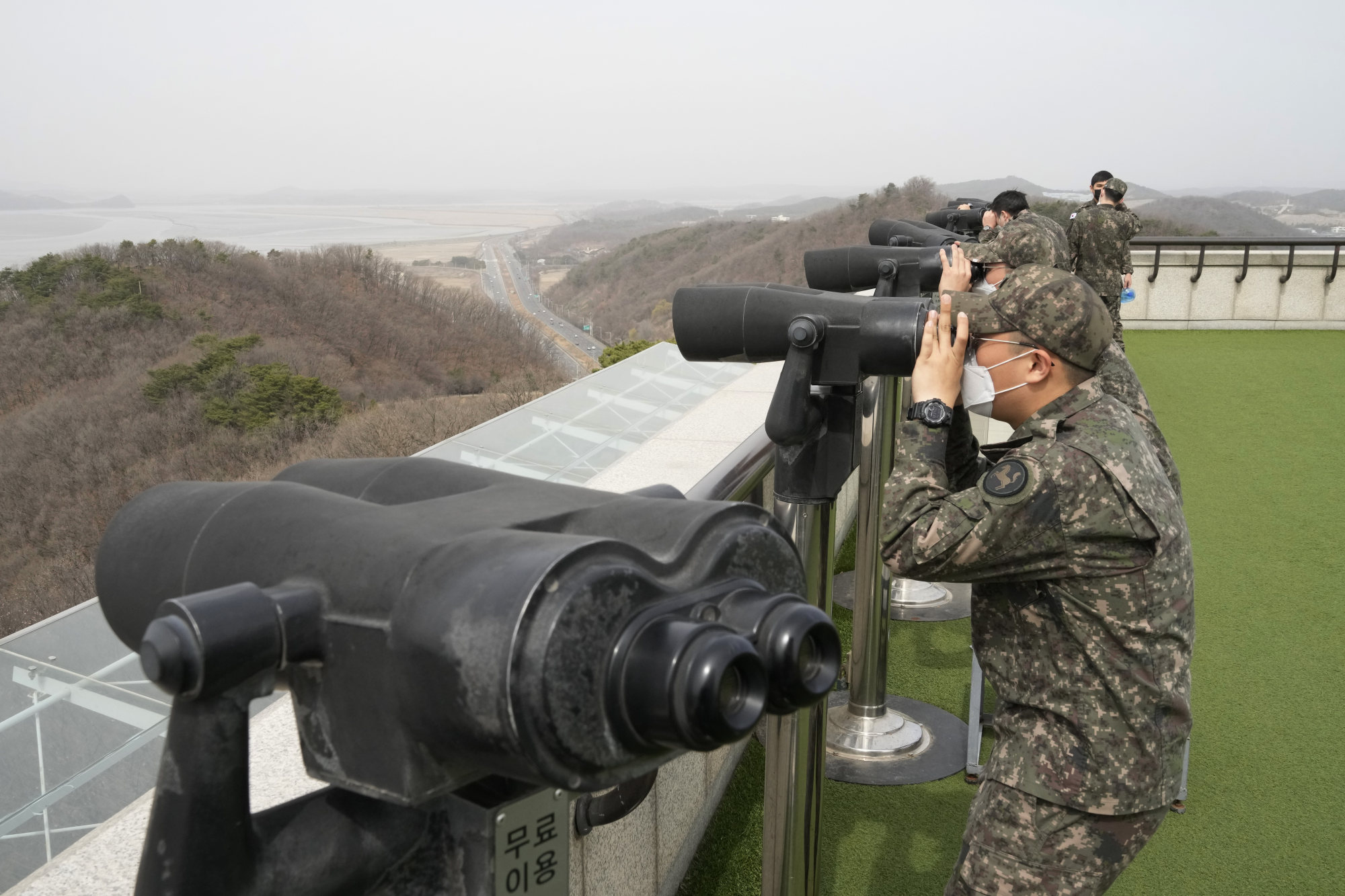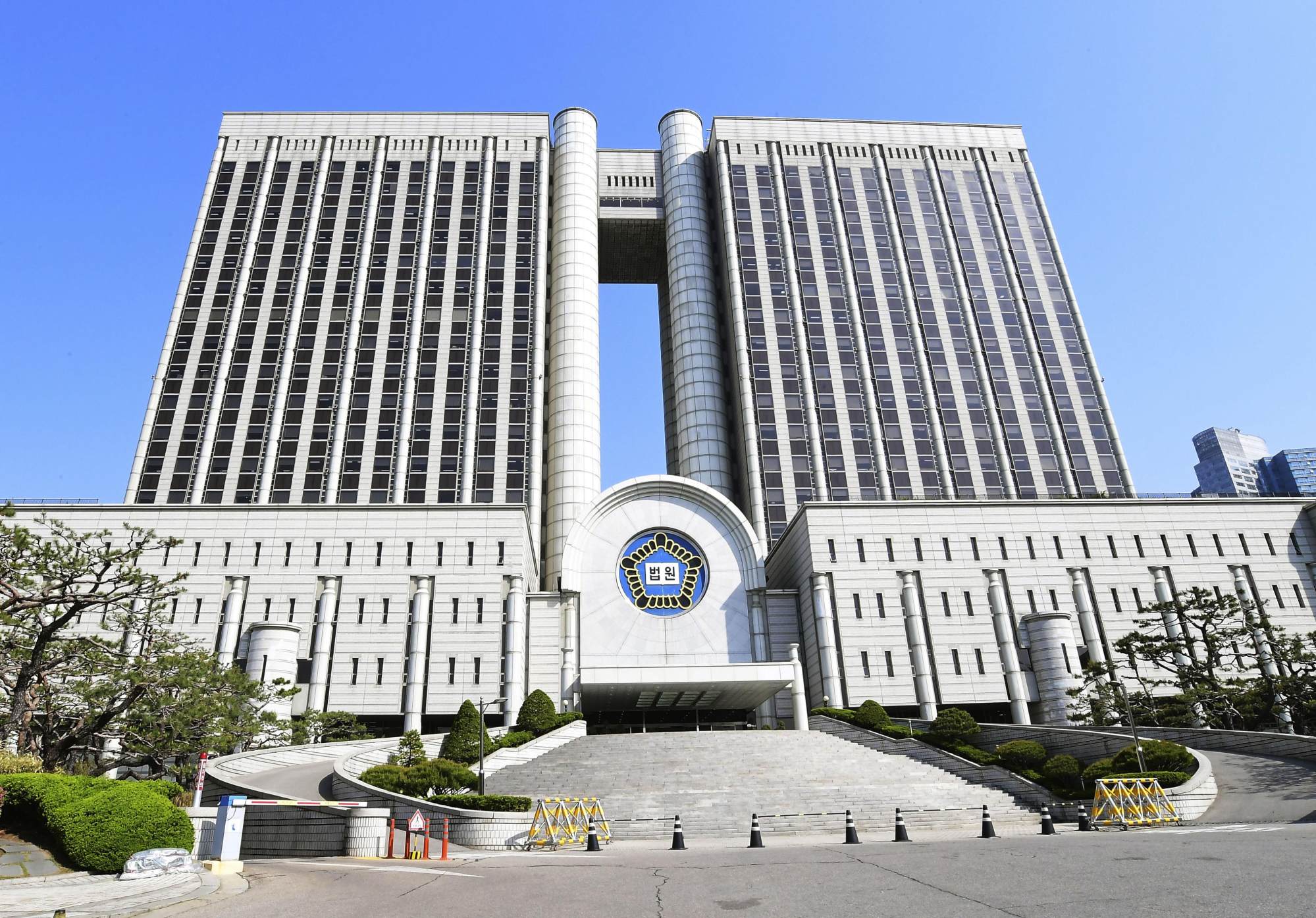
South Korean court finalises US$1 million compensation to man abducted from North 67 years earlier
- The Seoul High Court ruled that the state must pay damages to Kim Joo-sam for its violation of the plaintiff’s ‘fundamental human rights’
- Kim, now 86, was abducted by South Korean spies in 1956 and detained by the military for five years, working without pay
The Seoul High Court ruled that the state must pay Kim Joo-sam, 86, 1.3 billion won (US$1 million) in damages, defining him as a victim of the “abduction” by South Korean spies.
“Mr Kim was separated from his family due to the state’s act of abduction. It caused him indescribable sufferings, including [an] extreme sense of loneliness,” the court said in a statement. “To this day, more than 67 years later, Mr Kim does not know whether his family members are alive or dead. This suffering is of a nature that cannot be cured in a lifetime.”
‘Negotiate now’: families urge Japan take action over abductions by North Korea
“The defendant, the state, has blatantly disregarded these obligations and has instead violated the fundamental human rights of the plaintiff, an individual, through the gross and flagrantly unlawful acts of abduction and detention, leaving him with scars that will be difficult to heal for the rest of his life.”
Kim welcomed the ruling and said the compensation was “better late than never”.
“We have a little debt we can pay off when the money comes in. I’ll also help my kids out with their debt. Then there are some folks who have put themselves out for me – people who occasionally bought me lunch or a carton of cigarettes. I need to make it up to them,” Kim told the independent Hankyoreh daily.
The spies reportedly mistook the 19-year-old for possessing intelligence concerning the locations of North Korean military bases, and detained Kim over fears he might seek to defect across the border.

Kim’s abduction meant he was separated from his widowed mother and four siblings. He was detained by the military for five years, during which he was interrogated for about a year and then forced to work without pay as a handyman in military units.
Kim was abruptly discharged in 1961. Penniless, he was unable to find a decent job. He worked as a day labourer at a razor blade factory, a chewing gum factory, planting trees for landscaping or pulling logs.
In 1963, Kim married his wife, a former refugee from nearby his hometown. The two found a new home in the northern suburbs of Seoul and spent the next decades working in greenhouses as labourers or small-time merchants selling soaps or vegetables to raise their children.
In February 2020, he filed a lawsuit against the state for damages. The Truth and Reconciliation Commission also decided to investigate Kim’s case in August last year, deeming it a case of grave human rights violations.

In February this year, the Seoul District Court in a landmark decision ruled in favour of Kim, rewarding him 1 billion won in compensation. It said the state had committed “illegal acts” that violated Kim’s fundamental rights as a human being.
The court rejected the state’s allegations that the statute of limitations should be applied to Kim’s case.
It cited a 2013 Supreme Court ruling that the state could not resort to the statute of limitations against a person recognised as a victim by the Truth and Reconciliation Commission, as is Kim’s case.
Following appeals from both the plaintiff Kim and the state defendant, the Seoul Appeals Court in March raised the compensation for Kim, ordering that the state pay him 1.3 billion won in damages.
The court on Monday announced that this ruling had been finalised after neither the plaintiff nor the defendant appealed against the decision.
It remains unclear whether there are any other victims besides Kim who were abducted from the North by South Korean spies. The two Koreas are still technically at war as the Korean war ended in an armistice instead of a peace treaty.

